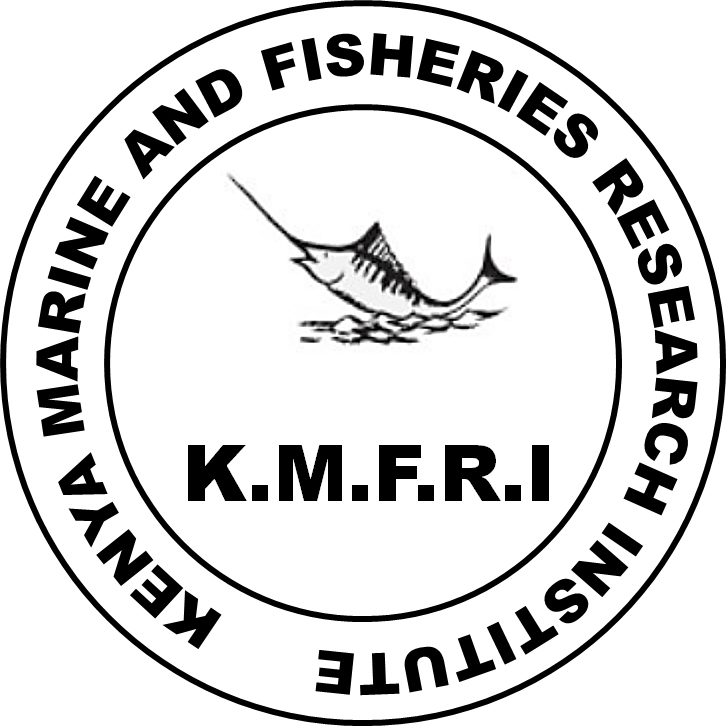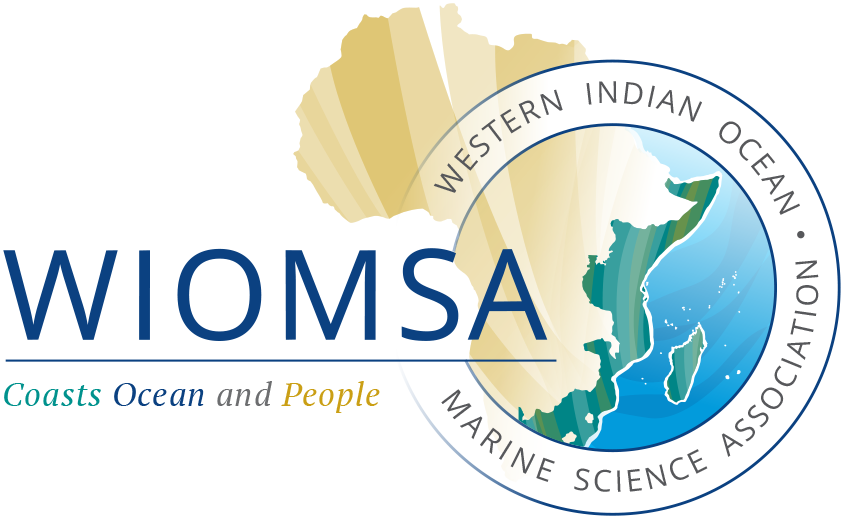"Ocean Science in Action” (OSA) aims to build a unique collection of open access online educational and capacity development video resources dedicated to the innovative marine technologies and how they are used to tackle the challenges of sustainable management of marine ecosystems.
OSA examines the latest advances in marine robotics, remote sensing, and ocean modelling, exploring their use via real-world case studies from the Indian Ocean. The program brings stories about artisanal fisheries, blue carbon ecosystems and coastal communities at the forefront of the climate change impacts.
Working together with a range of interdisciplinary research projects, the OSA international partnership develops and continuously expands a library of engaging video lectures demonstrating how marine science can contribute to global efforts in meeting the UN Sustainable Development Goals and the challenges of the Ocean Decade 2030.
The program videos were originally created for a SOLSTICE Project MOOC and hosted by FutureLearn.
Lead PI Dr.K.Popova e.popova@noc.ac.uk

1. The Science we need for the Ocean we want
Recognising the challenges our oceans are facing, the United Nations has declared the decade of 2021 to 2030 a Decade of Ocean Science for Sustainable Development. This Decade will aim to mobilize the ocean community behind the ideas of sustainability. What is Decade 2030 aspiring to achieve? How does it fit with the UN Sustainable Development Goals? And what type of ocean science do we need to achieve this ambitious agenda?
Dr D.Obura - CORDIO, East Africa

2. Introduction to Marine Robotics
Marine robotics is opening new opportunities to explore the oceans at a fraction of the cost of a research ship. But how do the robots work and what are the challenges this new area of ocean science engineering is facing?
Dr M.Palmer - NOC

3. Introduction to global ocean modelling
Global ocean models make it possible to explore how ocean currents and ecosystem function in different regions around the globe. But how do these models work? What does it take to understand an output from a complex model? and what lessons can we learn from terabytes of numbers?
Dr A. Coward - NOC

4. Introduction to remote sensing
Earth observations satellites have become a key tool of studying the oceans. But how do their sensors work and what can they tell us about the oceans: their life, their dynamics and their ongoing change?
Dr F. Jebri, Prof M. Srokosz - NOC
Dr F. Jebri, Prof M. Srokosz - NOC
Dr F. Jebri, Prof M. Srokosz - NOC

5. Introduction to the Western Indian Ocean
Western Indian Ocean is special in many ways. Compared to other oceans, it is less impacted by human activities. It hosts the largest seasonal upwelling system on the planet. What features geographical and economic systems make it unique?
Dr K.Popova, Dr Z.Jacobs - NOC
Dr D.Obura - CORDIO, East Africa / Dr K.Popova - NOC
Dr D.Obura - CORDIO, East Africa

6. Emerging Fishery of the North Kenyan Bank – The Next Frontier for Food Security
The North Kenya Bank fishery is expected to spur economic growth for local communities. If well managed, it could help achieve national development goals, including poverty alleviation and wealth creation. Sustainability requires informed management interventions, but there is only scant information on the ecological status and environmental drivers of the fishery. What do we know about oceanography of the North Kenyan Banks? Can ocean modelling and remote sensing help to understand and predict its dynamics and help with fisheries management?
Dr J. Kamau - KMFRI, Kenya
Dr Z.Jacobs - NOC

7. Environmental Drivers and Socio-Economic Consequences of the South African Chokka Squid Fishery Collapsing
The collapse of the chokka squid fishery in 2013 had a devastating effect on the Eastern Cape, one of the poorest provinces in South Africa. The reasons for the collapse are unknown, although local fishermen believe it happened as a result of environmental change. What are the key environmental and anthropogenic factors controlling the ecosystem dynamics of the Agulhas Bank? Can we explain why the fishery collapsed, and inform the fishery and government as to whether the current recovery is stable, or whether similar collapses are likely in the future?
Prof M.Roberts - NMU, South Africa / Prof W.Sauer - Rhodes, South Africa
Prof M.Roberts - NMU, South Africa / Prof W.Sauer - Rhodes, South Africa

8. The world's strongest seasonal upwelling
Off the coast of the Horn of Africa runs the fastest current of the global ocean – the seasonally reversing Somali Current. From June to September, when the monsoonal winds blow to the north-east, the world strongest seasonal upwelling occurs along the coastline of Somalia, bringing cool, nutrient-rich waters to the surface. This nutrient supply fuels marine primary production and drives productive local ecosystems and fisheries. What drives this upwelling and how does it impact the lives of local coastal communities?
F. James, S. Akester - MacAlister Elliott
Dr Zoe Jacobs - NOC

9. Small Pelagic Fisheries of Pemba Channel, Tanzania
Small pelagic fish are an important source of food security, nutrition and livelihood for many coastal nations heavily dependent on living marine resources. Such is the case for many communities in the Zanzibar Archipelago and on mainland Tanzania in the Western Indian Ocean. What makes this fish so important? How does marine environment impact its abundance? And how do we define concept of food security?
Dr S. Taylor - NOC, Dr N. Jiddawi - IMS, Zanzibar, Tanzania
Dr S. Taylor - NOC, Dr N. Jiddawi - IMS, Zanzibar, Tanzania
Dr S. Taylor - NOC - Dr N. Jiddawi - IMS, Zanzibar, Tanzania
Dr S. Taylor - NOC / Dr N. Jiddawi - IMS, Zanzibar, Tanzania
Dr S. Taylor - NOC / Dr N. Jiddawi - IMS, Zanzibar, Tanzania
Dr F. Jebri - NOC

10. Welcome aboard! Become an oceanographer for a day
The Pemba Channel with its steep, rugged bathymetry and the fast current make this a challenging environment to study. Join our teams to test if it is possible to overcome the difficulties of working in such complex dynamic environments without highly equipped large research vessels. Become an oceanographer for the day and find out what it takes to survey marine environment using robotic gliders!
Dr S. Painter, Dr M. Palmeri - NOC
Dr S. Painter, Dr J. Wihsgott - NOC
Dr S. Painter - NOC

11. Ocean Science for sustainable development: what are the key challenges of the Decade 2030?
The United Nations designated the years 2021 to 2030 as the ‘Decade of Ocean Science for Sustainable Development’. It presents a great opportunity to deliver scientific knowledge, foster technological innovation, and build capacity to achieve the 2030 Agenda and reverse the decline of ocean health. Which areas are in a most urgent need for scientific solutions?











